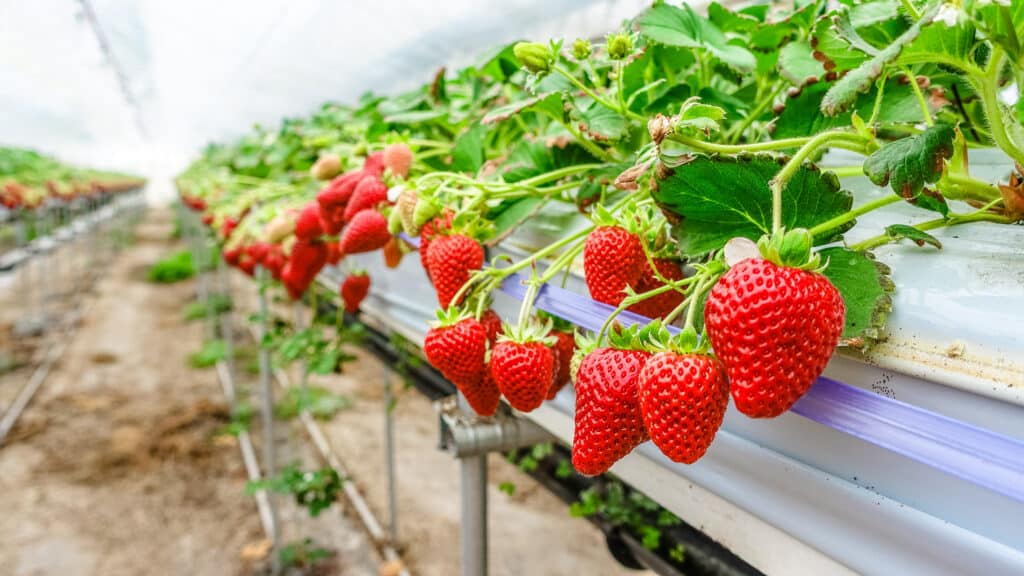2019 is the “Year of the Vegan”, according to the Economist. Millennials are leading the trend and shifting the way businesses and governments think about veganism. With many studies outlining the health and environmental benefits of eating a plant-based diet, the growing shift towards sustainability is disrupting the industry.
Listed as one of the six greatest ag challenges by Chuky Jolley, the President of Meat Industry Hall of Fame, plant-based meat substitutes are becoming mainstream. There is still some confusion around the difference between veganism and vegetarianism and what each means for the agriculture industry.
According to The Vegan Society, veganism is a lifestyle which demands the exclusion of not only meat but any animal derived products such as dairy and eggs for food, silk and leather for clothing or the use of animals for any other purposes to stop exploitation.
Donald Watson, the co-founder of The Vegan Society, coined the term ‘Vegan’ in 1944. Since a vegetarian diet is only the elimination of meat, poultry, fish or food derived from animal slaughter, we could refer veganism as the strictest form of vegetarianism.
Popularity in the lifestyle is growing, yet becoming a vegan has never been easy. A vegan diet has a low amount of saturated fats and cholesterol, contains a high amount of micronutrients like vitamins, minerals, fibres and some healthy plant compounds.
It can also lower the risk of developing type two diabetes, coronary heart diseases and some types of cancer. However, this kind of diet limits the amount of vitamin B12 and long-chain omega-3 fatty acids absorbed.
Traditionally, veganism was more about ethics and environmental awareness than food and health concerns. Yet demand is increasing for broader product ranges and better-tasting plant-based meat substitutes and is reshaping the industry. Here are four trends that the Vegan Revolution is bringing.
Food and beverage experts
The rise of veganism is one of many dietary trends disrupting the food and beverage industry. With strategic foresight and a robust business plan, forward thinking businesses can turn these emerging challenges into opportunities for market expansion and commercial growth.
At Farrelly Mitchell, we provide bespoke solutions to businesses seeking market entry & development, particularly in the food ingredients & alternative proteins industries. Our consultants deliver actionable insights into the latest consumer trends and provide clear recommendations on how to capitalise on them.














